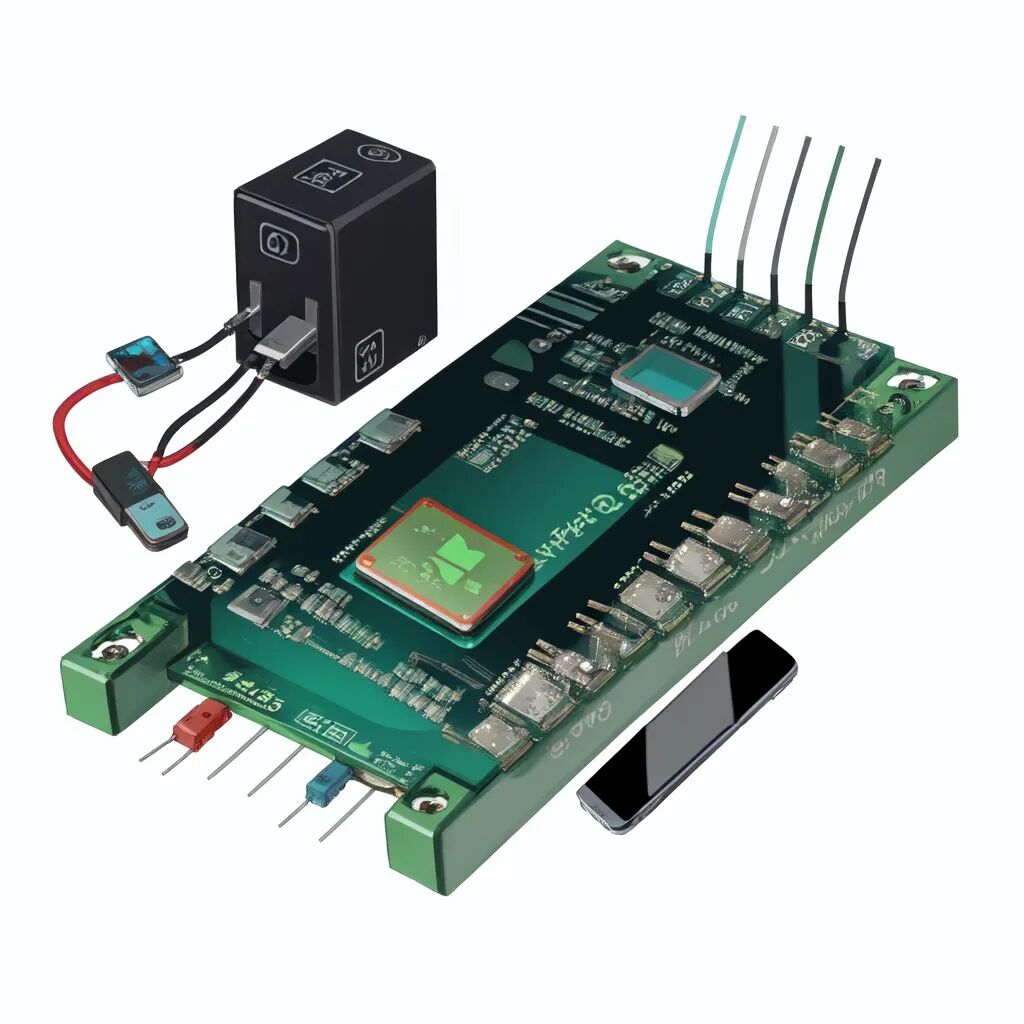Imagine a scenario where a smartphone can intelligently charge fully in seconds, and even after a decade of use, the battery shows no signs of degradation – this would undoubtedly bring about a revolutionary user experience.
A supercapacitor is a device capable of storing and transmitting electric charge, similar in principle to the batteries we commonly use. But why replace smartphone batteries with capacitors?
As a specific supercapacitor technology continues to advance, this energy storage device is believed to replace the ubiquitous lithium-ion batteries in the near future.
Battery vs. Capacitor: What’s the Difference?
Batteries come in various shapes, sizes, and types. All modern smartphones use rechargeable lithium-ion batteries known for their high energy density. This means they can store a large amount of energy in a compact and lightweight form, making them suitable for portable electronic devices.
Supercapacitors fall between batteries and regular capacitors. They can store a certain amount of energy, less than lithium batteries, but their volume is smaller than regular capacitors while storing a significant amount of energy. Additionally, supercapacitors charge faster than lithium-ion batteries, and their discharge rate is not as rapid as regular capacitors. Moreover, supercapacitors exhibit stronger adaptability to extreme environmental temperatures.
Currently, many smartphones adopt a non-removable battery design, making the application of supercapacitors a plausible reality one day. It’s noteworthy that common smartphone issues include a declining battery life after approximately 18 months, leading to shorter durations between charges, indicating a decrease in the battery’s energy storage capacity.
Believing in the future development of supercapacitor technology, it is expected to mature and become a driving force in the evolution of new battery technologies.
This article is provided by JYH HSU (JEC) Electronics. JEC is a research, development, production, and sales-oriented company specializing in manufacturing and selling various electronic components such as capacitors and resistors.
Post time: Jan-22-2024

